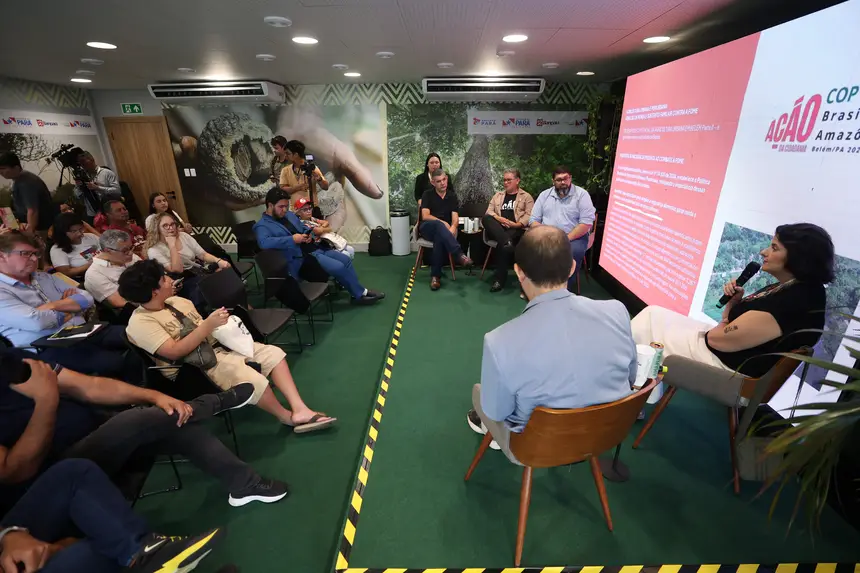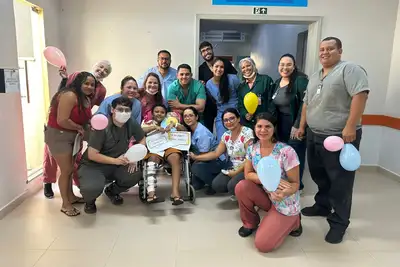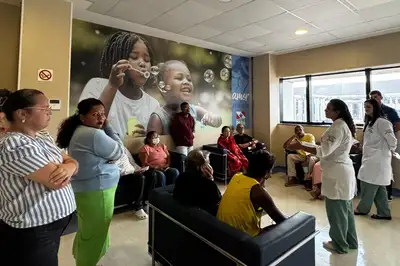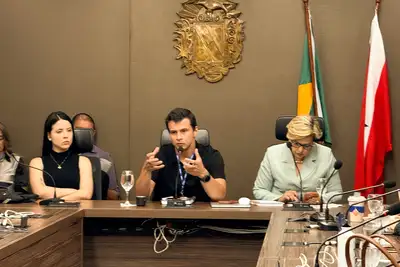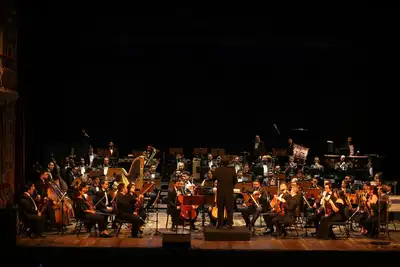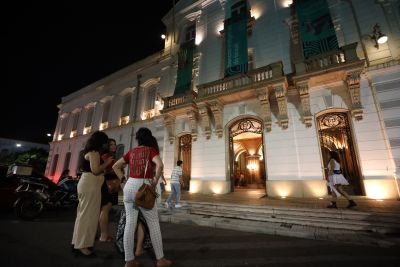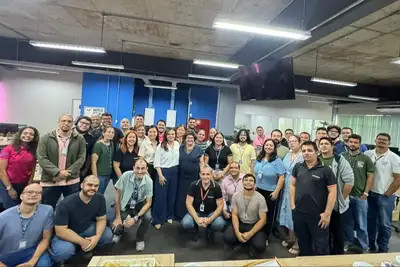Uepa discusses agroecology and water security in COP30 programs
Panels held at the Pará Pavilion brought together experts to discuss sustainable development, technological innovation, and environmental preservation in the Amazon
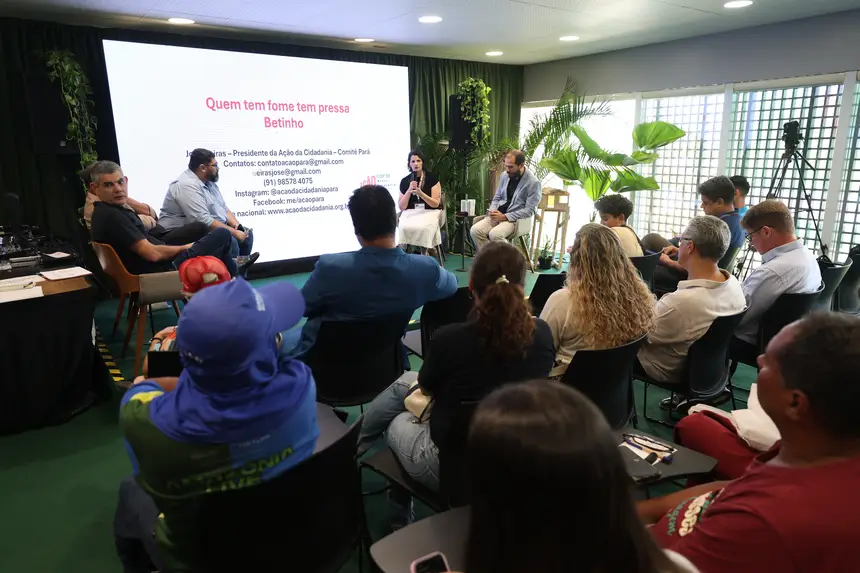
The State University of Pará (Uepa) held two programs at COP30 on Wednesday (19), integrating the schedule of the Pará Pavilion in the Green Zone.
In the morning, the panel coordinated by Diego Aires brought together producers, industry representatives, civil society, and researchers to discuss pathways that strengthen the transition between productive Amazon territories and sustainable markets.
The meeting highlighted the importance of creating an integrated network of governance and innovation, capable of valuing Amazonian products, boosting ecological-based production chains, and promoting solutions that reinforce sovereignty and food security in the region.
Professor Diego Aires, the panel coordinator and a professor at Uepa, explained that during the program, "Uepa led a discussion on how agroecological processes, whether urban or rural, connect with available markets and how the university can connect these partners while addressing the challenges posed, both respecting traditional knowledge and minimizing and resolving logistical challenges."
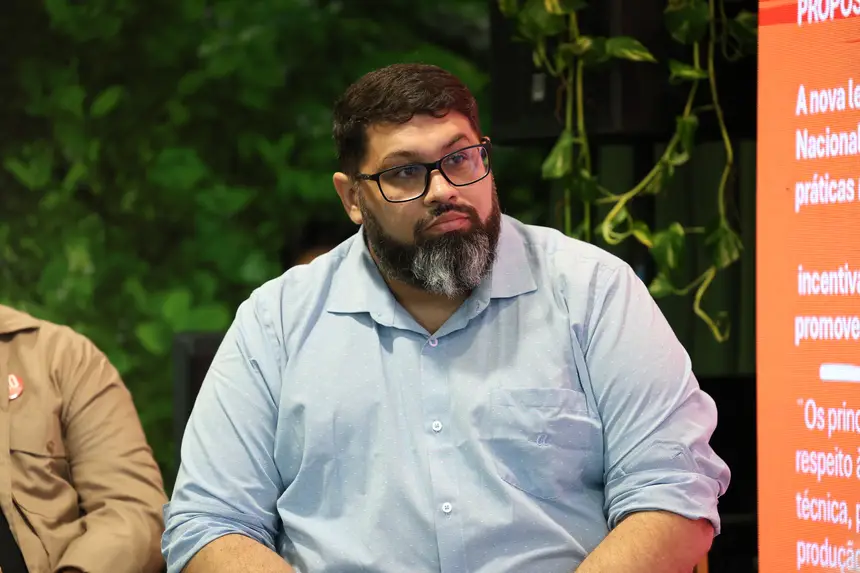
He also emphasized that the panel participants have extensive experience in agroecological production and that the university is present as part of this production chain, respecting traditional knowledge and proposing new technologies and development to "activate the bioeconomy so that it reaches its full potential, which helps preserve the climate and the environment."
In the afternoon, Uepa presented the panel coordinated by researcher Hebe Morganne, which addressed the application of advanced technologies, such as artificial intelligence, remote sensing, and metagenomics, in monitoring water resources in the Amazon.
During the presentation, scientific methodologies used to analyze the quality of Amazonian waters currently monitored by the university were presented, integrating environmental data with prediction and risk assessment tools. The panel highlighted how these approaches contribute to water security, integrated management of Amazonian basins, and the construction of environmental sustainability strategies.
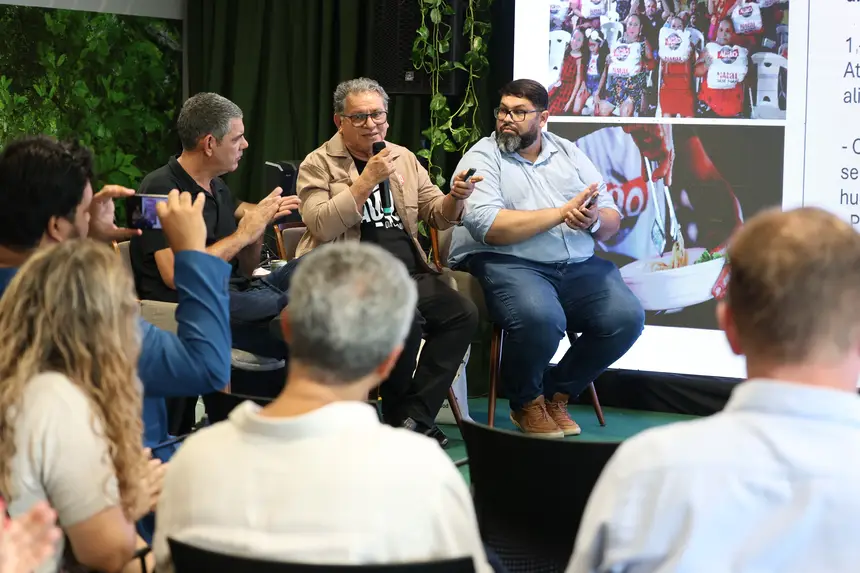
For Professor Hebe Morganne, the university's participation is important for bringing innovation, research, education, and training in the environmental area. "Our panel brings all these items: innovation, basic analysis methodology, water quality analysis, analysis of Amazonian water resources, of our water resources. In order to take care, we need to know, we need to study to be able to preserve; we can only preserve what we know. Therefore, the State University of Pará has been providing research in the area of the environment, in the area of water quality, and with this, we can translate everything we produce in the laboratory into useful proposals for management, for example, for our State," she emphasized.
Tayany Coelho, who is pursuing a master's degree in the Graduate Program in Technology, Natural Resources, and Sustainability in the Amazon (PPGTEC) at Uepa, highlighted that "it was a very important panel, where we could see the scope of water quality monitoring here in our State, developed by Uepa, and we could see the integration of several researchers within a very important monitoring. I hope to delve deeper into these subjects."


